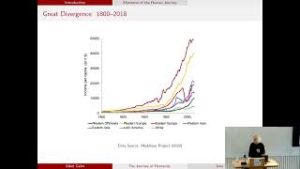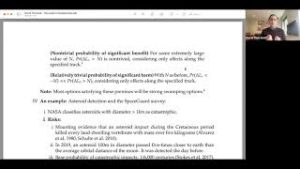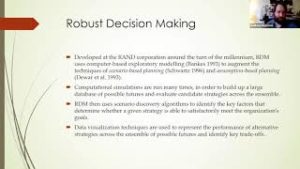The Global Priorities Institute is an interdisciplinary research centre at the University of Oxford.
Our aim is to conduct foundational research that informs the decision-making of individuals and institutions seeking to do as much good as possible. We use the tools of multiple academic disciplines, especially philosophy, economics and psychology, to explore the issues at stake.
We prioritise projects whose contributions are unlikely to be otherwise made by the normal run of academic research, and that speak directly to the most crucial considerations such an actor must confront.
Papers
Ethical Consumerism – Philip Trammell (Global Priorities Institute and Department of Economics, University of Oxford)
I study a static production economy in which consumers have not only preferences over their own consumption but also external, or “ethical”, preferences over the supply of each good. Though existing work on the implications of external preferences assumes price-taking, I show that ethical consumers generically prefer not to act even approximately as price-takers. I therefore introduce a near-Nash equilibrium concept that generalizes the near-Nash equilibria found in literature on strategic foundations of general equilibrium…
Read MoreAggregating Small Risks of Serious Harms – Tomi Francis (Global Priorities Institute, University of Oxford)
According to Partial Aggregation, a serious harm can be outweighed by a large number of somewhat less serious harms, but can outweigh any number of trivial harms. In this paper, I address the question of how we should extend Partial Aggregation to cases of risk, and especially to cases involving small risks of serious harms. I argue that, contrary to the most popular versions of the ex ante and ex post views, we should sometimes prevent a small risk that a large number of people will suffer serious harms rather than prevent…
Read MoreDispelling the Anthropic Shadow – Teruji Thomas (Global Priorities Institute, University of Oxford)
There are some possible events that we could not possibly discover in our past. We could not discover an omnicidal catastrophe, an event so destructive that it permanently wiped out life on Earth. Had such a catastrophe occurred, we wouldn’t be here to find out. This space of unobservable histories has been called the anthropic shadow. Several authors claim that the anthropic shadow leads to an ‘observation selection bias’, analogous to survivorship bias, when we use the historical record to estimate catastrophic risks. …
Read More





